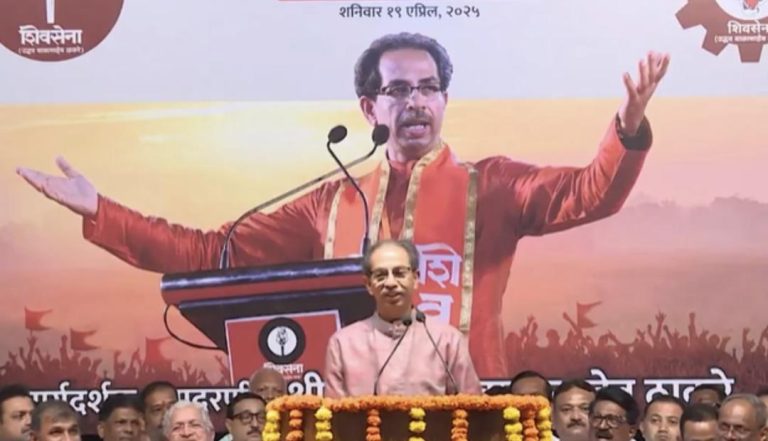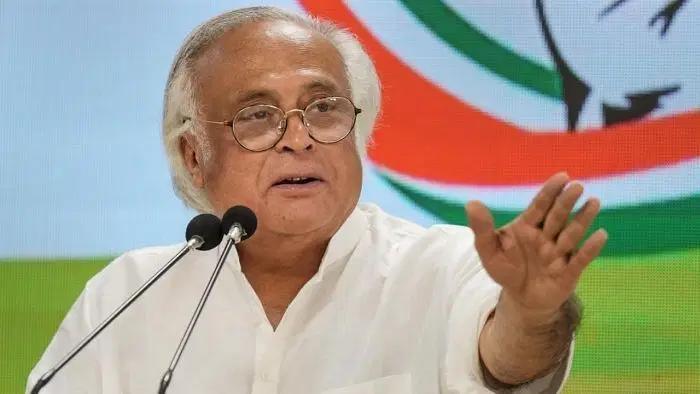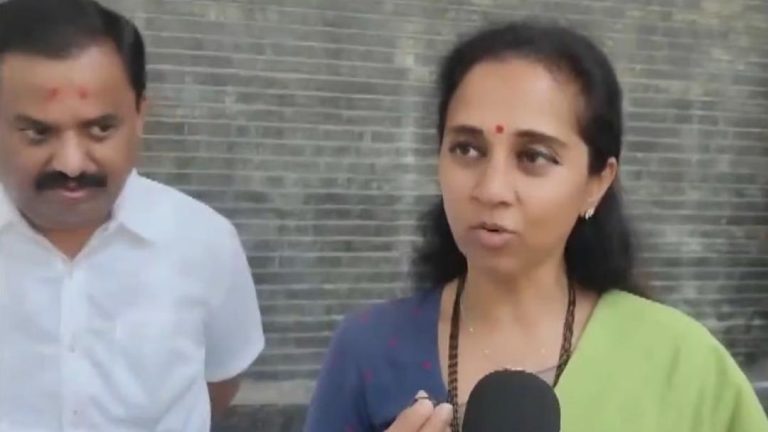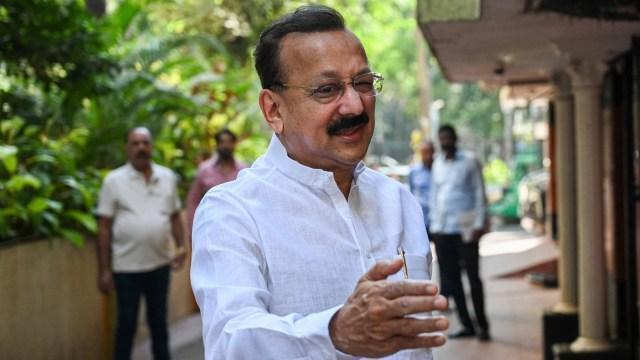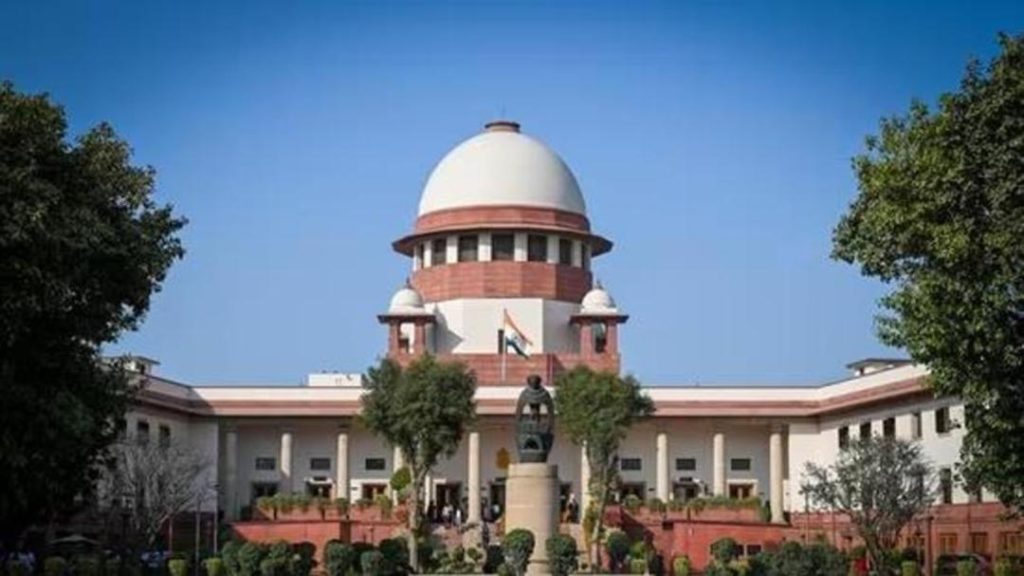
It’s a Free Market: SC on Rejecting Internet Price Regulation Plea
In a recent development, the Supreme Court of India has rejected a Public Interest Litigation (PIL) seeking the regulation of internet prices in the country. The PIL was filed by an NGO, which alleged that the majority of the market share was controlled by Reliance Jio, and thereby, the prices of internet services were being artificially inflated. However, the bench led by Chief Justice of India Sanjiv Khanna rejected the plea, stating that it is a free market and there are several options available to consumers.
The PIL had sought directions from the court to the Telecom Regulatory Authority of India (TRAI) to regulate the prices of internet services in the country. The petitioner had argued that the dominance of Reliance Jio in the market was resulting in a lack of competition, which was leading to higher prices for consumers. The petitioner had also cited examples of other countries where internet prices were regulated, and claimed that a similar regulatory framework was necessary in India to ensure that consumers were not exploited.
However, the Supreme Court rejected the plea, stating that it is a free market and there are several options available to consumers. The bench noted that BSNL and MTNL, government-owned telecom operators, were also providing internet services to consumers, and that consumers had the option to choose from a variety of service providers. The court also noted that the prices of internet services were subject to market forces and that competition was driving innovation and reducing prices.
The Supreme Court’s decision is likely to be seen as a victory for the telecom industry, which has been arguing that regulation would stifle innovation and lead to a lack of investment. The industry has been arguing that the prices of internet services are determined by market forces, and that regulation would be unnecessary and unproductive.
However, the decision has also been criticized by some, who argue that the dominance of Reliance Jio in the market is resulting in a lack of competition, and that regulation is necessary to ensure that consumers are not exploited. They argue that the Supreme Court’s decision ignores the fact that the majority of consumers are not aware of the options available to them, and that they are unable to choose from a variety of service providers due to lack of awareness and lack of access to information.
The Supreme Court’s decision is also likely to have implications for the government’s plans to reform the telecom sector. The government has been planning to reform the sector by allowing private players to offer internet services, and the Supreme Court’s decision is likely to boost confidence in the sector. However, the decision may also be seen as a setback for the government’s plans to regulate the sector, as the court has rejected the plea for regulation.
In conclusion, the Supreme Court’s decision to reject the plea for regulation of internet prices is likely to be seen as a victory for the telecom industry. However, the decision has also been criticized by some, who argue that the dominance of Reliance Jio in the market is resulting in a lack of competition, and that regulation is necessary to ensure that consumers are not exploited. The decision is likely to have implications for the government’s plans to reform the telecom sector, and it remains to be seen how the government will respond to the court’s decision.



